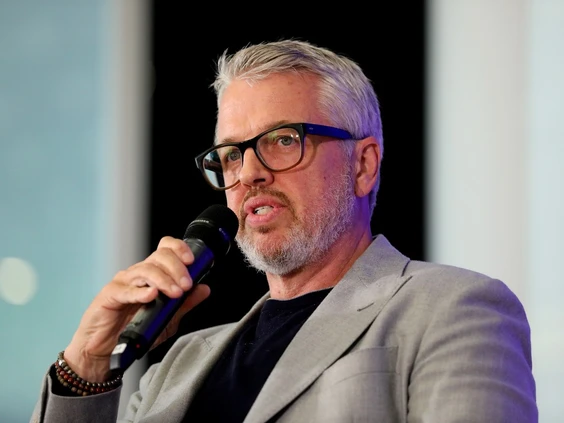Steve Staios and the Ottawa Senators deserve recognition for their proactive approach earlier this summer, a strategy that contrasts sharply with the Edmonton Oilers’ recent predicament.
Jeff Jackson, who took on the role of Oilers’ president of hockey operations last August, seems to be grappling with the consequences of a lapse in foresight. Jackson, having been a former agent, should have anticipated the risk of offer sheets being extended to restricted free agents Philip Broberg and Dylan Holloway. The St. Louis Blues took advantage of this, presenting offer sheets to both players on Tuesday.
Broberg and Holloway, emerging from their entry-level contracts, have now been offered two-year deals, with Holloway’s valued at $2.29 million annually and Broberg’s at $4.58 million per season. This puts the Oilers in a challenging position, as they are already $7.25 million over the salary cap. This situation follows their earlier moves to re-sign Adam Henrique, Connor Brown, and Corey Perry, as well as signing defenseman Josh Brown to a three-year deal worth $1 million per season.
The Oilers, who recently reached the Stanley Cup Final, face a difficult decision. They have until next Tuesday to match the offers made to Broberg and Holloway, but it remains unclear what steps Jackson or newly appointed general manager Stan Bowman will take. Although it may be tempting for Jackson and Bowman to blame former GM Ken Holland, the responsibility for this situation falls squarely on the current management. Jackson, who has experience on the agent side of negotiations, should have been more strategic.
While Jackson might be inclined to criticize St. Louis president and GM Doug Armstrong for extending the offer sheets, it’s a legitimate tactic under the collective bargaining agreement. Jackson’s oversight is evident.
In contrast, Steve Staios, the Senators’ president of hockey operations and general manager, anticipated potential issues and acted accordingly. Concerned about the risk of offer sheets for center Shane Pinto, Staios made a strategic move on July 2. By trading winger Mathieu Joseph and a third-round pick to the Blues to clear Joseph’s $2.95 million salary, Staios ensured the Senators had sufficient cap space. This maneuver allowed Ottawa to sign Pinto to a two-year bridge deal worth $3.75 million per season.
The decision to part with the third-round pick in 2025 and Joseph’s contract was initially criticized, but it proved to be a prescient move, especially in light of potential offer sheets for Pinto.
The Oilers now face significant repercussions for their oversight. They may be forced to either overpay Broberg and Holloway or trade valuable draft picks to manage their cap situation. League sources indicate that Edmonton is attempting to offload contracts such as Cody Ceci’s $3.25 million and Brent Kulak’s $2.75 million, but these deals may require additional assets, such as first- or second-round picks, due to the current market conditions.
Another option for the Oilers could be placing winger Evander Kane on long-term injured reserve due to a sports hernia, which would free up his $5.5 million salary. However, this is not a guaranteed solution and could attract scrutiny if Kane’s injury and required surgery are questioned.
Effective hockey management demands foresight and strategic planning. Staios demonstrated these qualities, while Jackson and the Oilers seem to have been caught off guard by recent developments. The cost of this miscalculation will likely be significant, impacting the team’s financial flexibility and roster decisions moving forward.
